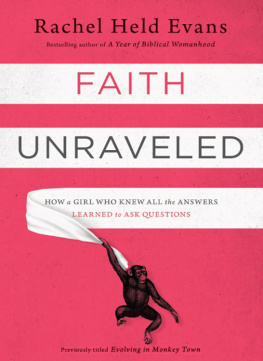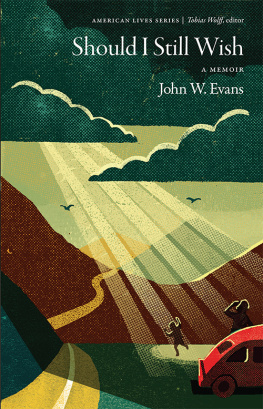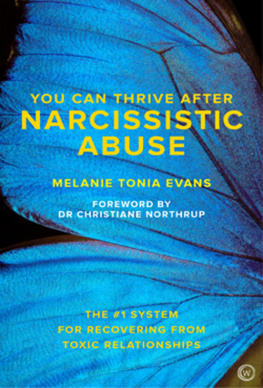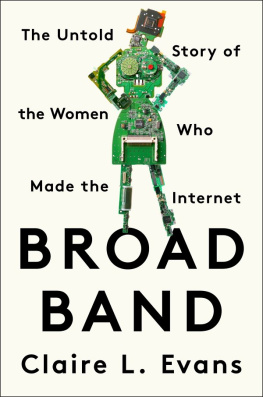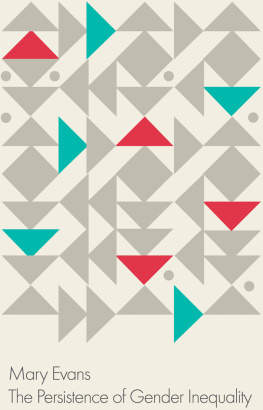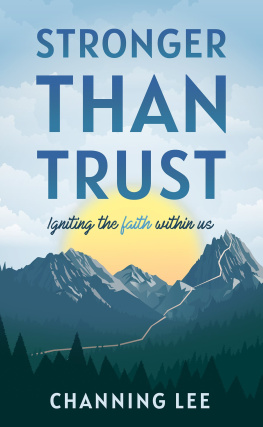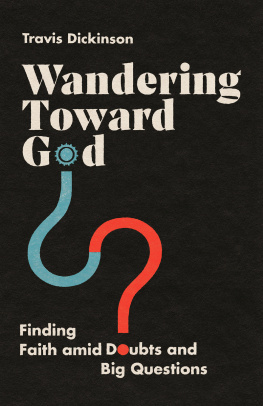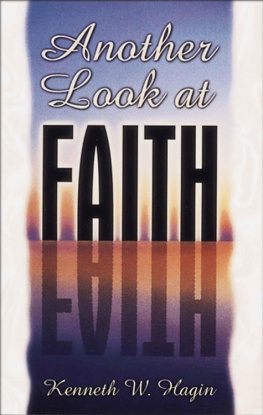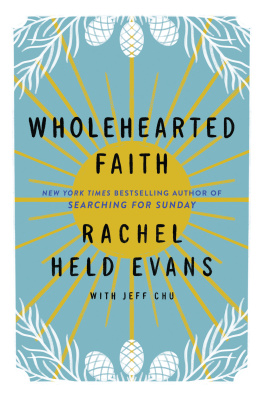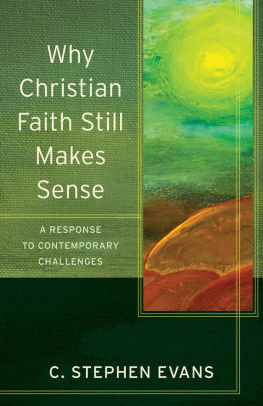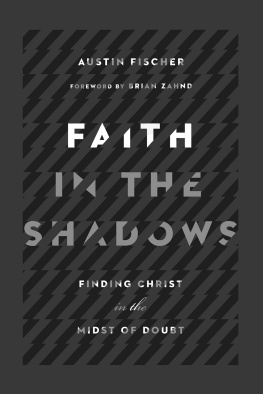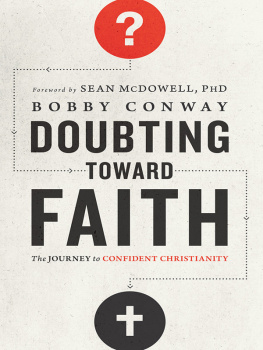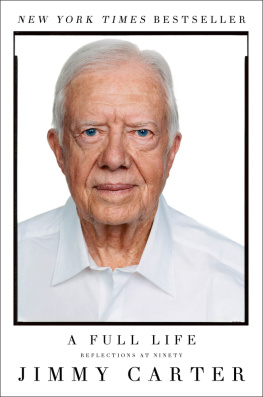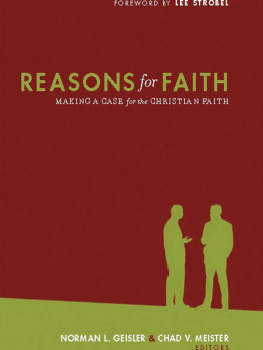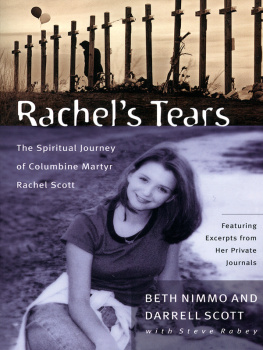With Faith Unraveled, Rachel Held Evans steps onto the stage as a gifted writer, an honest storyteller, and a compelling voice in the Christian community. She represents what is most hopeful and promising in a new generation of articulate, intelligent, and faithful young leaders.
BRIAN MCLAREN, author/speaker, www.brianmclaren.net
These days the stories I love to read are the ones that ask questions, that live in the tension, that allow me to bring my doubt and uncertainty and join the conversation. Rachel Held Evans Faith Unraveled is one of those stories.
SHAUNA NIEQUIST, author of Cold Tangerines and Bittersweet
This book is an argument Rachel argues with herself, God, the Bible, and Southern fundamentalism. Somehow, though, we are the winners in this argument because we learn and watch as a young woman emerges into a maturing faith that lets the kingdom vision of Jesus reshape her life. I found myself cheering her on.
SCOT MCKNIGHT, Karl A. Olsson Professor in Religious Studies, North Park University
Rachel Held Evans is brilliant, gutsy, real, and hilarious, and Faith Unraveled impacted my spiritual journey in ways I never imagined. I cant remember a book that I enjoyed reading more, partly because Rachel is a great writer, and partly because she so fearlessly examines the conflict between her inherited beliefs about God and the truth of her own spiritual experience. Theres a certain weight to Faith Unraveled that distinguishes it from the other spiritual memoir books out there.
JIM PALMER, author of Divine Nobodies and Wide Open Spaces
Can I tell you how much I admire Rachel Held Evans? She is smart, compassionate, funny, and relentlessly inquisitive. It is the questions she asks, not the answers she uncovers, that make Faith Unraveled such a compelling read. There are many good books worth reading, but a truly remarkable book will leave you pondering matters long after the cover is closed. I loved this book. That Evans wrote a remarkable debut at such a young age makes me want to slap her, bless her heart.
KAREN SPEARS ZACHARIAS, author of Will Jesus Buy Me a Double-Wide?: (Cause I Need More Room for My Plasma TV)
Rachel Held Evans adds a fresh, courageous voice to the faith-and-doubt discussion, and its a voice all of us need to hear.
JASON BOYETT, author of O Me of Little Faith: True Confessions of a Spiritual Weakling
Faith Unraveled is the kind of book Ill pass along. Rachel Held Evans so accurately highlights her struggles to have a genuine, life-changing, world-beautifying faith. I love her heart, her journey, her questions, and her tentative understanding of Jesus. Ill be thinking about this book and its message for months and years to come. An important read.
MARY DEMUTH, author of Thin Places: A Memoir
When we find ourselves asking tough questions, sometimes we want answers, but many times we just want a friend who is asking the same questions we are. Written with refreshing honesty, Rachel Held Evans new book Faith Unraveled is going to be that friend for many people.
CHAD GIBBS, author of God and Football: Faith and Fanaticism in the SEC
Rachels humorous yet humble memoir of growing up in the evangelical world serves as an encouraging guide for anyone looking to navigate through that particular subculture. As I saw my own journey reflected in its pages, I appreciated Rachels honesty in revealing the doubts and questions that arose when she confronted the cracks in the evangelical facade. The story told here is both faith and doubt affirming, a beautiful reflection of a heart earnestly seeking to follow God fully.
JULIE CLAWSON, author of Everyday Justice: The Global Impact of Our Daily Choices
A whole generation of evangelicalisms brightest young people, based upon a common misunderstanding of 1 Peter 3:15, was taught that vital, living faith is established by a worldview that one can explain and defend. Rachel Held Evans, a bright and talented young writer with obvious courage, challenges this sacred cow. Her discovery is surely right we need a faith that obeys, not a worldview rooted in absolute certainty. She will help you embrace the questions without losing the reality of faith.
JOHN H. ARMSTRONG, president of ACT 3 and author of Your Church Is Too Small
B y the time I graduated in 2003 from the college named in his honor, Id resolved that what William Jennings Bryan should have said on the witness stand is this: Because the Bible is Gods Word and is truthful in all that it affirms, the book of Genesis accurately records how God created the universe and life on earth. Based on the scientific accuracy of the Bible, one must conclude that the creation week consisted of seven twenty-four-hour days and that 1,656 years elapsed between the creation and the flood, 342 years elapsed between the flood and the birth of Abraham, and two thousand years elapsed between the birth of Abraham and the birth of Christ. Geological and fossil evidence does not conclusively prove an earth age of millions of years but can be explained by the argument that God chose to create things at full maturity with the appearance of having developed or by the argument that various factors, such as the earths magnetic field, may have changed through the years and affected the accuracy of carbon dating. Contrary to the theory of evolution, the Bible teaches that God separately created distinct kinds of organisms and that the similarities between these organisms
I learned most of this from Dr. Kurt Wise, one of the leading young-earth creationists in the country and a favorite professor among Bryan College students when I studied there. Armed with a degree in paleontology from Harvard University, Dr. Wise had studied under Stephen J. Gould, a renowned evolutionist and science writer. Dr. Wise said that his goal was to formulate a model of earth history consistent with both Scripture and the scientific data. An angular sort of person, with long legs and a wide gait, he moved about the campus at a deliberate and accelerated pace, as if he was always on his way to do something important. He enjoyed spending time with students in long conversations after class and in hiking and spelunking trips through the mountains.
Dr. Wise told us the story of how, as a sophomore in high school, he had dreams of becoming a scientist but could not reconcile the theory of evolution with the creation account found in the Bible. So one night, after the rest of his family had gone to bed, he took a pair of scissors and a newly purchased Bible and began cutting out every verse that he thought would have to be removed to believe in evolution. He spent weeks and weeks
In many ways, Dr. Wise embodied the spirit of Bryan College. While not everyone on campus supported young-earth creationism, the overriding principle behind the schools educational approach was that the Bible serves as our most reliable textbook, that it provides an infallible foundation on which to build the academic disciplines. We learned that everything from science to history, economics, art, psychology, politics, and literature can be studied from a biblical worldview. The goal of a Bryan College education was to develop a comprehensive approach to life in which we looked at the world wearing Christian glasses.
Ive never in my life encountered an organization so consistently on-message. Im willing to bet that if I were to show up on campus today and ask a random student about his or her purpose for studying there, the response would be, To develop a biblical worldview. We used to tell freshmen that if a professor called on them in class and caught them unprepared, the best strategy was to simply blurt out, Worldview? and hope for the best.
I came to Bryan College in 1999 both hungry for answers about Christianity and eager to prove my mastery of it. Having lived in Dayton for five years, I already knew most of my professors and was familiar with the Bryan campus and its traditions. I knew, for instance, that instead of hazing freshmen, the senior class welcomed them by washing their feet. I knew that after the first snowfall, students used trays from the cafeteria as sleds. I knew that the three major worldviews are naturalism, transcendentalism, and theism, and that biblical Christianity falls into the theism category. I knew that the Bradford pears dotting the hilly, pastoral campus turn ruby red in the fall but smell funny when they bloom in the spring. I knew which dorms boasted the best views of the mountains, which professors most inspired their students, and which upperclassmen were considered cool.
Next page
